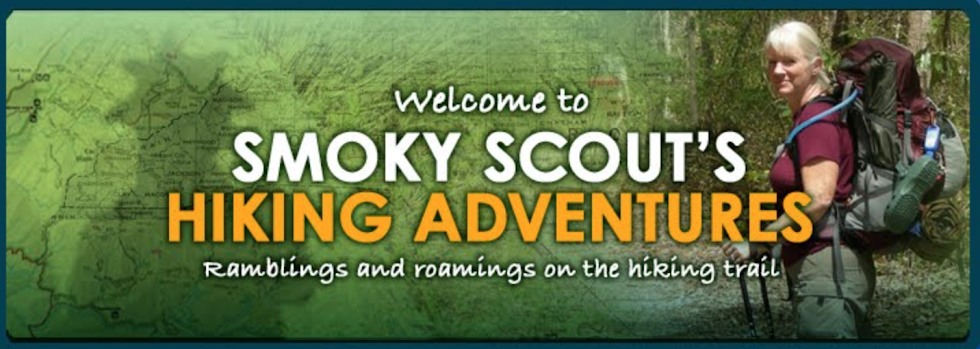Devil’s Staircase, West Highland Way, Glencoe, Scotland –
6/4/18 – 5 miles
Glencoe
So many must-see-must-do’s in the highlands of Scotland!
Every day of our trip included some walking.
On this day we traveled from the port town of Oban to Fort William.
Along the way we sought out the magic of Glencoe, a deep valley cut by the
River Coe. Mountains rise high and close
on either side, giving that Yosemite feeling only everything is awash in green,
green, green.
We were still building confidence on driving, interpreting
road signs, counting exits at traffic circles, thus by the time we found the
Glencoe Visitor Center we were a wee bit frazzled (9:00 a.m.) We didn’t have a
single € for parking (why pay parking at a visitor center? Upkeep for the
restrooms?) The staff person at the information counter smoothed our ruffled
feathers with a map and a detailed explanation of how to recognize the car park
for our hike.
"Look for the white house," he said
Three Sisters of Glen Coe (left to right): Gearr Aonach (Short
Ridge) and Aonach Dubh (Black Ridge) and Beinn Fhada (Long Hill)
Two out of three of the Sisters
It is really helpful to know (or at least know where to find
a list of) Scottish Gaelic words used in mapping the hills and mountains of
Scotland. Once you’ve got your cheat sheet, it’s easy [for us paper map people] to determine what you’re looking at
and distinguish different features. Most basic is that “glen” means valley and
“ben” means super big mountain. Also:
Aonach = ridge
Lairig = pass
Meall = rounded hill
Mullach = summit
Sgorr = jagged or
rocky peak
Stob = point
Sron = nose
All features have qualifiers added to these words, just like
back home (how many Cold Mountains and Bald Mountains do you know?), fun to
parse out the names. Buachaille Etive Beag
seems to mean “little shepherd of Etive” which sits next to Buachaille Etive
Mor, “the great shepherd of Etive.” Anyway, fun for those who
like to know what they’re looking at.
All of that to say that Jim and I hiked up the Staidhre an
Deamhain (Devil’s Staircase) and then up the side trail to the mullach of Stob
Mhic Mhartuin (Son of Martin Point?). This is an out-and-back hike on a section
of the West Highland Way that was built for military use in the mid-1700’s.
Our parking area was obvious, a deeply rutted pull-off
across the road from the trail marker. West Highland walkers, some in groups
and some solo, zig-zagged up the obvious and uncomplicated trail, an 800-foot
elevation gain to the pass
The pointy peak on the left horizon is Stob Mhic
Mhartuin
Turning around to look back across the valley at
Buachaille Etive Mor
A cairn marks the pass between the summits of Stob
Mhic Mhartuin to the west and Beinn Bheag to the east (that big ol’ hulk in the
background here). From here the West Highland Way descends to the town of
Kinlochleven.
But Jim and I turned left onto a slightly fainter track, gaining
another 500 feet in elevation as we climbed the Stob. Somewhere along this trail I realized that there
would be no trees or even tall bushes, so I had to scramble quite a ways off
trail to find a big enough rock for a potty break. No photos.
The top of Stob Mhic Mhartuin is quite broad and I don’t
know it there are the equivalent of U.S. survey markers. There were little cairns in several places. Could this one be the “summit?” I am okay with
the ambiguity. I mean, just look!
Looking across the valley toward the Three Sisters
We had a different adventure awaiting in Fort William, so we
hustled back down to our car, making a mental note that someday we would return
to walk the entire West Highland Way.
In the upper left you can see the Blackwater
Reservoir
How did we spend the rest of the day? Taking the Jacobite Steam Train to Hogwarts…
Our home for the night was Fort William Backpackers hostel,
a fantastic base for travelers and the best night’s sleep of all our
accommodations on our two-week trip – yes, a full eight-person bunk room. Backpackers know how to keep quiet and sleep
anywhere! The town is an excellent base
for outdoor lovers and is the northern terminus of the West Highland Way. We’ll
be back!
“There are two seasons in Scotland: June and winter.” ~Billy
Connolly























No comments:
Post a Comment